-
CreatorTopic
-
09/25/2014 at 10:15 am #1798
Patchara
MemberI think the difficult thing about stakeholder engagement is identify who is really community stakeholder. If community stakeholder we identified is not real community stakeholder, it would make us feel uncomfortable to work. The methodology and tool to identify stakeholder is important. Can you suggest me how yo identify your stakeholder.
-
CreatorTopic
-
AuthorReplies
-
-
09/29/2014 at 2:24 pm #1874
Mathias Wambuzi
MemberIdentification of stakeholders is guided by the scope of your trial and a look into the strata of stakeholders. My own experience is that stakeholders keep changing over time .But important to note in this is having a starting point as the inner stakeholders(Participants) then widen to the outer layers. What I see as always neglected are the trial site staffs.Why?
-
09/29/2014 at 10:53 am #1868
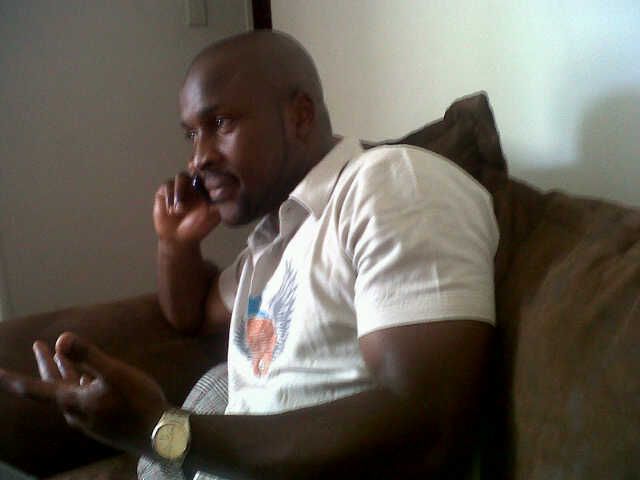 Leader Kanyiki NgooyiMember
Leader Kanyiki NgooyiMemberI do agree with most of the points raised, and just to add that identifying stakeholders should also be considered a dynamic exercise which needs to be revisited now and again. organisations come and go, individuals themselves change all the time, their interest as well as their availability to continue consulting with you will also change over time. so It is important in my view to keep an eye on who you need, who is available and who needs/wants to be involved.
Thanks,
Leader
-
09/28/2014 at 8:20 am #1834
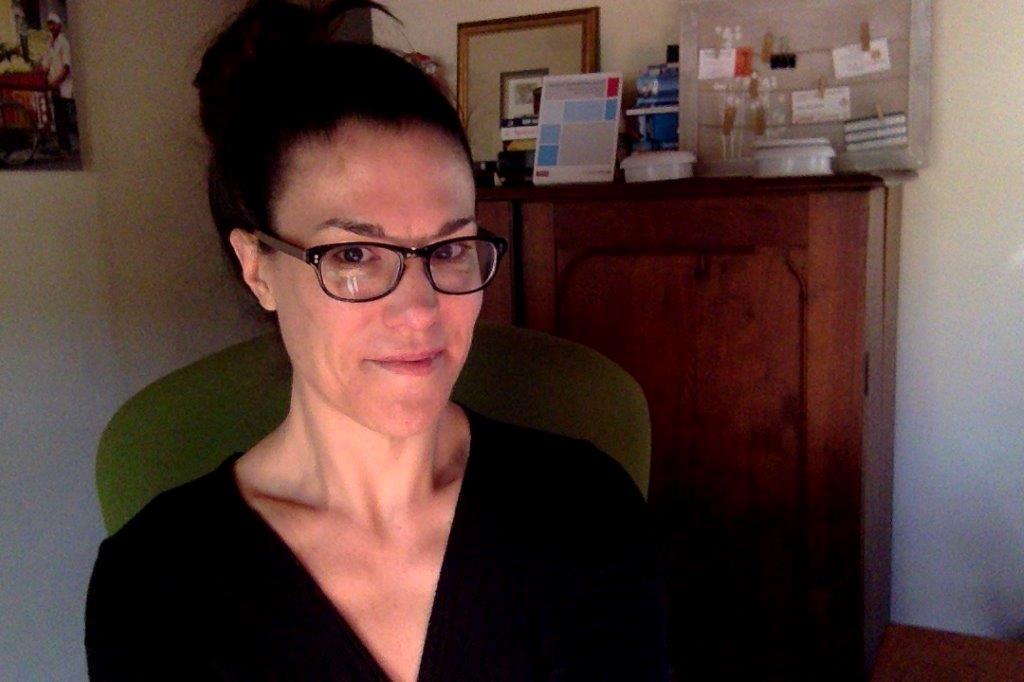 AnneMember
AnneMemberI hear you Bernadette! Building a potential relationship with community stakeholders–especially when there are high levels of stigma and sometimes distrust of the research process–is very challenging. Increasingly, in some settings, I think that health issues are actually enabling GMT leaders and stakeholders to organize, voice their rights, and form networks at the national, broader (i.e. regional/sub regional), and local levels. In other settings, although national planning documents might mention GMT populations, little programming actually exists and community members are much more isolated.
I wonder if others who work with MSM or transgender populations have ideas? And as a side note, as you probably know, amfAR has some great materials that specifically address the complexities of finding and working with the MSM and GMT communities!
-
09/27/2014 at 7:27 pm #1832
Bernadette Kombo
MemberIdentifying stakeholders is of course imperative but from my experience it is not that simple. In our project we work primarily with GMT population and with the high levels of stigma in especially the region we target, people do not want to be associated with this population. The target group itself remain in the closet for the same reason of stigma and discrimination.more often than not we have engaged ‘stakeholders’ but we find ourselves in a quagmire with the involved not being ideal representatives of the identified stakeholders. Are our experiences unique?
-
09/27/2014 at 5:44 am #1828
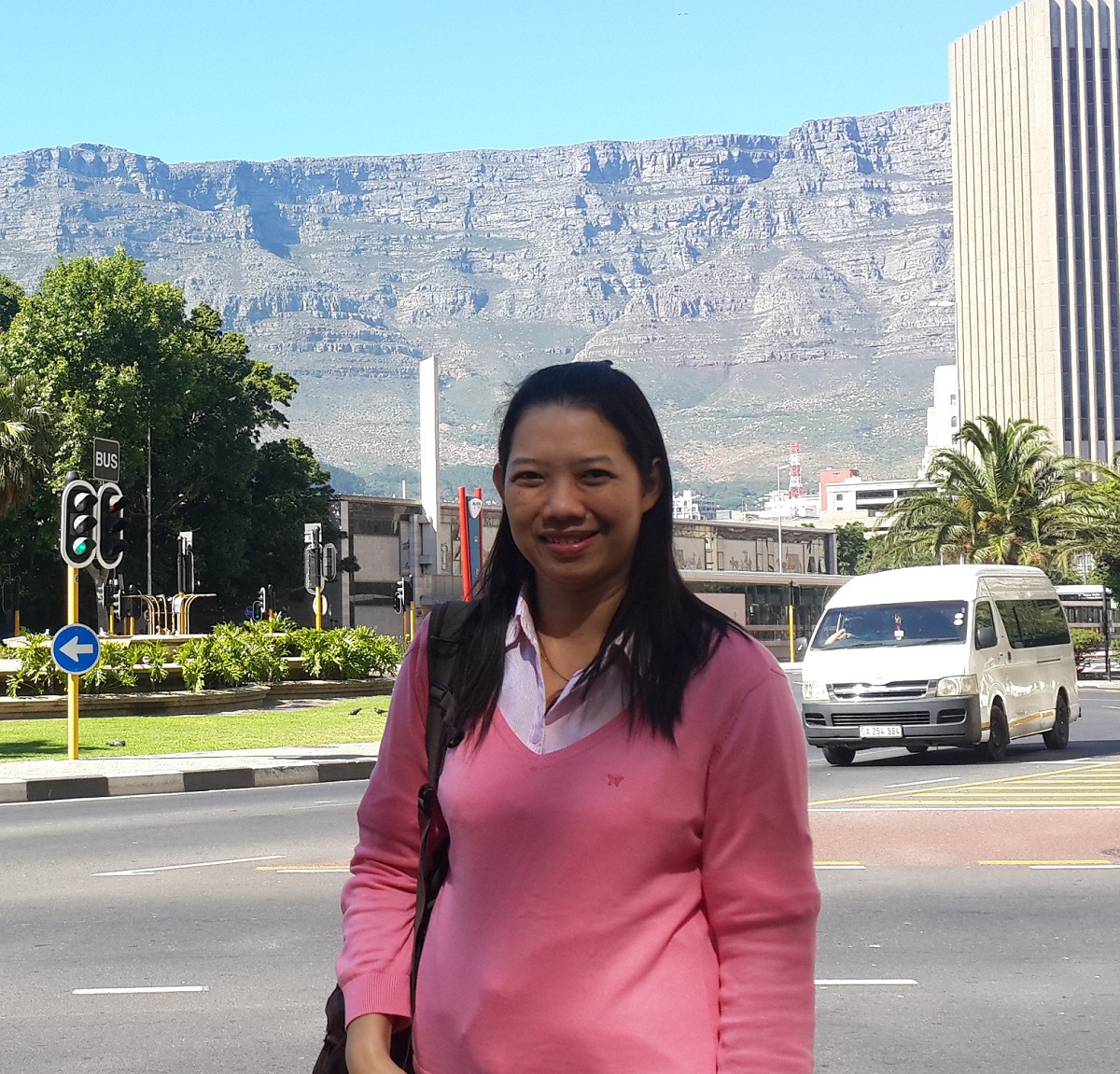 PongpunMember
PongpunMemberI think that the first thing we have to understand that who are target population /participant of project including understand study’s objective, criteria. We should assessment who are key person or population that may be effected study or affected by the study. We should be focused with study team, CAB and representative of target population. We should have meeting with them and do consultation meeting. Finally, we will have list of key person and stakeholder list from these activities. Another thing that we will receive are comments, concern and suggestions from them.
-
09/26/2014 at 10:24 am #1825
Cathy Slack
MemberHi All, and it seems important to acknowledge that even if one’s original assessment is not perfect, the guidelines recommend an ongoing critical reflection about the quality of engagement through-out so there are opportunities to bring more stakeholders into the fold.
I suspect that sometimes stakeholders are ommitted by accident and not for necessarily sinister reasons and that a constant, honest, conscientious ‘how are we doing?’ goes a long way in communicating that one is committed to the principles…
-
09/25/2014 at 6:01 pm #1812
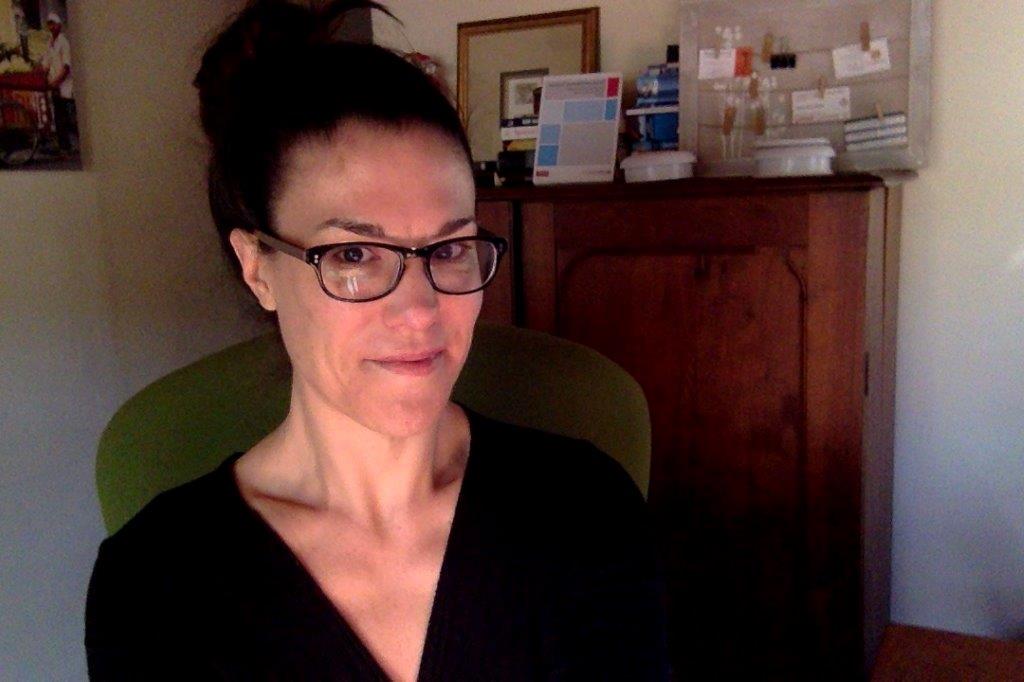 AnneMember
AnneMemberHi all:
These are great points! It’s true — the simple question “what do we mean by stakeholders” can elicit a lot of thought!
According to GPP, a stakeholder means any individual and/or group who is affected by or has an interest in the research. And GPP’s core message is that identifying and involving key stakeholders –at community, broader, national, and global levels-will lead to greater support and buy-in for the research process, more ideas on the table, a better understanding of the local context, and ultimately better quality research.
If you read the practices for all of the 16 GPP topic areas, you will see that stakeholder identification is typically the first key practice…. a statement of the obvious, but sometimes the most elusive. How exactly do we figure out who the key stakeholders are, which of them need to be involved at what level, and what priorities and needs that they bring with them? We will be talking more about stakeholder identification and analysis in Lessons 3 and 4– unpacking formative research activities as well as other practical tools and methods you can apply at your trial site.
-
09/25/2014 at 4:17 pm #1802
 Marie MicheleMember
Marie MicheleMemberDear all,
For us in our site, we identified our stakeholders as follow: we first thought on criteria that we had to base on, considering that the communities were research naïve, we need a strong team, that we had to train about clinical research, hoping that they are the ones who should help us in advocacy. Then we visited 15 institutions/organizations, we had a meeting with them, then after visiting all 15 and discuss with them about they activities, we selected different 8 Institution/Organizations basing on the criteria we had. Each institution gave us 2 people who work closely with the community from the different level. they were our CAG. Then, we invited Global Campaign for microbicides to train them on GCP and Ethics. we also had a monthly meetings, in which we shared about what we are doing and they also inform us about any thing that they thing would be crucial for research to know. We had also engaged stakeholders from our line Ministry, which is Minister of Health. Their meetings with us where every 3 month. this group were very helpful for information needed to go to higher level, or if we need to any official documents.
-
09/25/2014 at 12:42 pm #1801
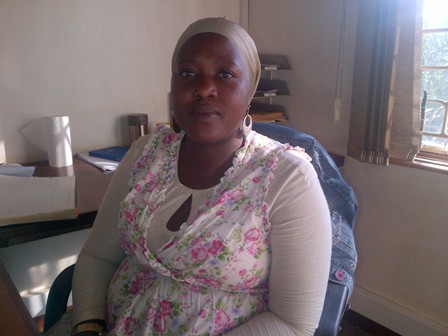 Jauhara NanyondoMember
Jauhara NanyondoMemberIn think you need to ask your self a number of questions related to what you plan to do, where you plan to do it,who you are going to work with to have it implemented, and how you plan to do it, if you get answers to the mentioned questions, then you have the stakeholders. That is one of my best tools that i use.
Then also you can ask yourself who is affected by what i plan to do, that also give you a team of stakeholders.
Lets hear from the reset on how they do it.
JJ- Jolly Jau
-
-
AuthorReplies
- The forum ‘GPP Discussion Forum’ is closed to new topics and replies.


